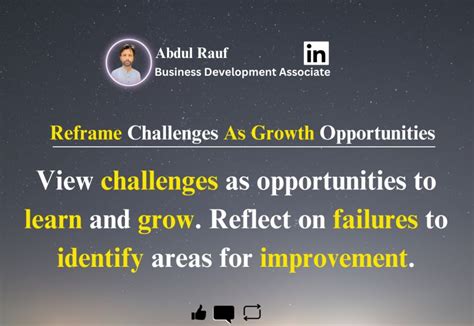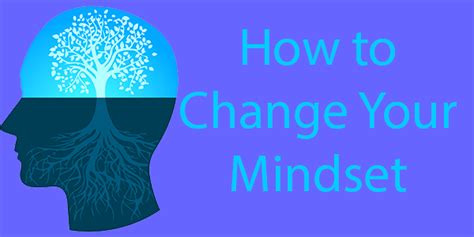Beyond the Setback: Why Your View of Failure Matters
In a world that often celebrates success and shies away from shortcomings, the very word ‘failure’ can trigger a cascade of negative emotions: shame, disappointment, and a sense of defeat. We’re conditioned to see it as an endpoint, a definitive judgment of our capabilities. However, what if failure isn’t a final destination but merely a signpost pointing towards a new direction? What if, with a conscious shift in mindset, we could transform every misstep into a powerful springboard for growth?
Embracing a growth-oriented perspective on failure isn’t just a feel-good mantra; it’s a fundamental psychological shift that underpins resilience, innovation, and continuous self-improvement. It challenges the conventional narrative that success is a linear path and instead positions failure as an indispensable part of the journey.
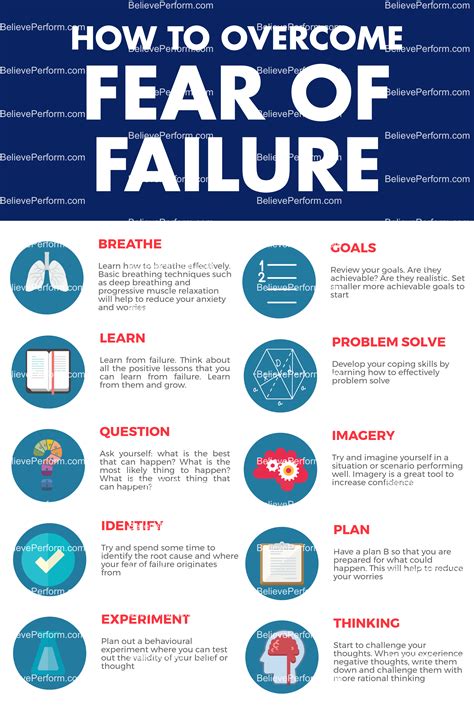
Deconstructing Failure: It’s Not the End, But a Data Point
The first step in reframing failure is to understand what it truly is: information. When an experiment doesn’t yield the expected results, a scientist doesn’t declare themselves a failure; they analyze the data, learn what went wrong, and adjust their hypothesis. Similarly, in life and work, failures provide crucial data about what doesn’t work, what needs refining, or where a different approach is required.
Instead of internalizing failure as a personal flaw, view it as feedback. This depersonalization allows you to detach from the emotional weight and focus on the objective lessons. Each failed attempt is a valuable lesson in what *not* to do, bringing you one step closer to what *will* work.
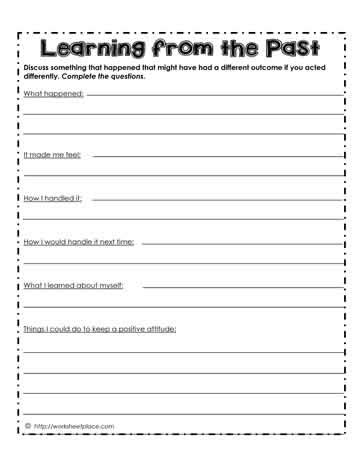
Actionable Steps to Cultivate a Growth-Oriented Response
Shifting your mindset takes practice. Here are practical ways to transform your relationship with failure:
-
1. The Power of Reflection, Not Regret
After a setback, resist the urge to dwell on what went wrong in a self-punishing way. Instead, engage in active reflection. Ask:
- What specifically happened?
- What was within my control? What wasn’t?
- What assumptions did I make?
- What new information did I gain?
This analytical approach moves you from ‘why me?’ to ‘what now?’
-
2. Extracting Lessons: Your Personal R&D
Every failure is a research and development opportunity. Identify the concrete lessons learned. Did you discover a new limitation? A better strategy? A previously unknown strength or weakness? Document these insights. They are your new tools for future endeavors.
-
3. Iteration is Innovation: Adjust and Try Again
Few successes are achieved on the first try. Adopt the mindset of an innovator: test, fail, learn, adjust, repeat. Each iteration, informed by previous failures, refines your approach and moves you closer to your goal. Don’t be afraid to pivot or change direction based on what you’ve learned.
-
4. Cultivating Self-Compassion
It’s natural to feel disappointment. Acknowledge these feelings without letting them define you. Treat yourself with the same kindness and understanding you would offer a friend. Self-compassion is crucial for maintaining motivation and resilience in the face of setbacks.
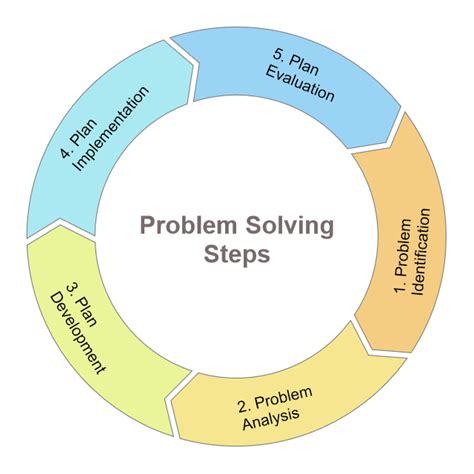
The Profound Rewards of a Resilient Mindset
By consistently reframing failure, you unlock a cascade of benefits. Your resilience will skyrocket as you learn that setbacks are temporary and surmountable. Your creativity will flourish as you’re no longer paralyzed by the fear of making mistakes, leading to more innovative solutions. Furthermore, your personal growth will accelerate as you continuously learn, adapt, and evolve. You become more courageous, more adaptable, and ultimately, more successful by your own definition.
This perspective shifts the focus from avoiding failure to embracing the learning process. It’s about understanding that every great achievement is built on a foundation of attempts, many of which didn’t go as planned. Think of scientists, artists, entrepreneurs – their paths are riddled with ‘failures’ that ultimately paved the way for breakthroughs.

Embrace the Journey: Your Path to Continuous Evolution
Reframing failure isn’t about ignoring the pain or challenges it brings; it’s about choosing your response to it. It’s an ongoing practice, a muscle that strengthens with every conscious effort. By viewing failure as a valuable teacher rather than a condemning judge, you empower yourself to take risks, push boundaries, and ultimately achieve a level of growth and fulfillment that a fear-based approach could never allow.
So, the next time something doesn’t go as planned, pause. Instead of defaulting to self-criticism, ask: “What is this trying to teach me?” In that question lies the secret to transforming every failure into an unprecedented opportunity for growth.

